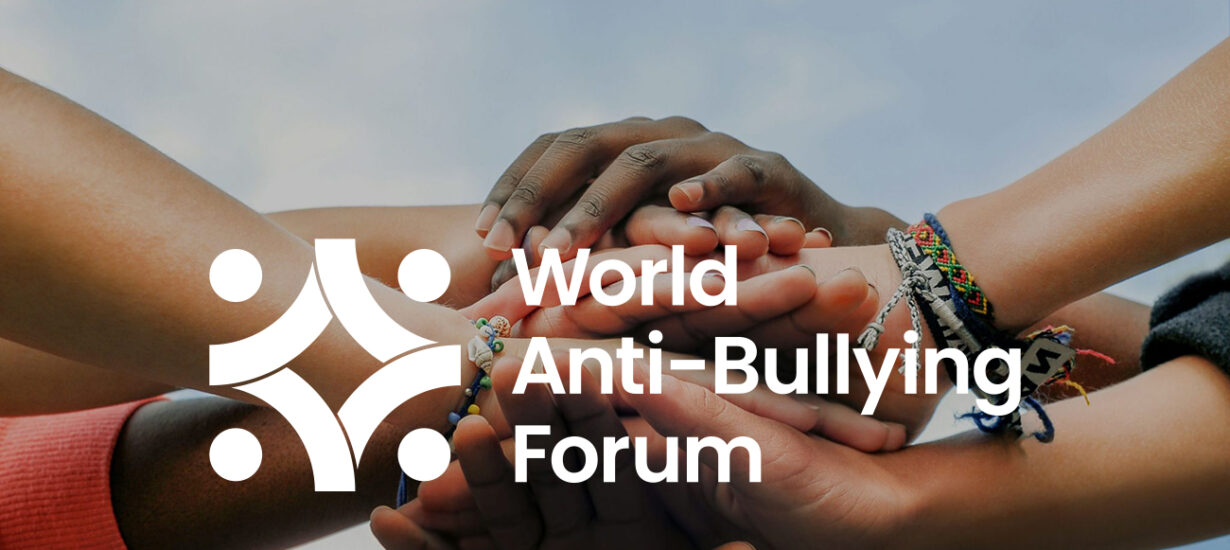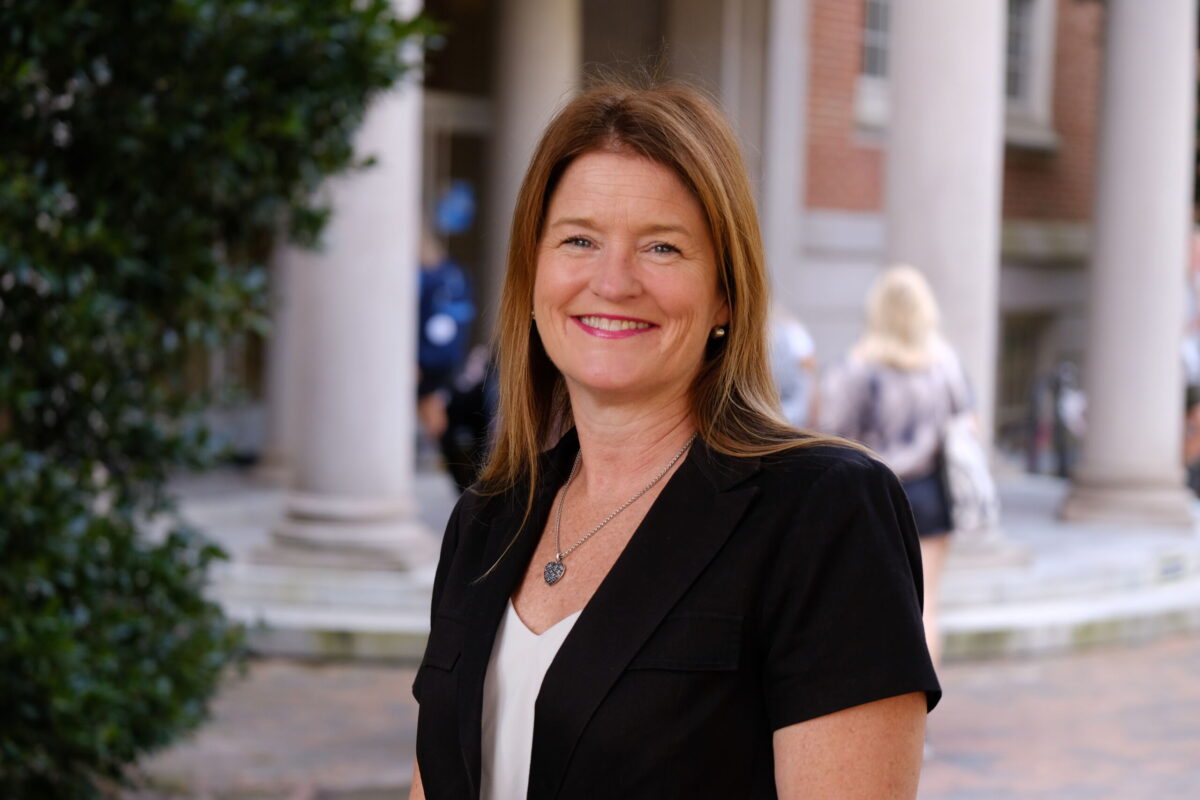Panel Discusses Ways to Combat Online Bullying

Social media experts gathered in Raleigh last week as part of a worldwide conference on combatting bullying to discuss the recent development of a social media tool that guides parents on how to monitor who their children are talking to online while respecting their privacy and autonomy.
The “family center” is a feature inside a social media app where parents can add their children to their supervision and place controls on content. Children are able to use family center to view the information their parent views. Family center also features training articles and videos that help parents teach their children online safety and healthy online habits.
“Parents can now see who their kids’ friends are, and they can see who they have been messaging,” Viraj Doshi, platform safety lead at Snapchat, said during a panel discussion at the World Anti-Bullying Forum on Oct. 27. “They can’t see the content of the message because we think it is really important to keep a balance of our teens’ privacy and autonomy as well. They can report things if they see something they think is awry, and they can place content controls on some of the public-facing material.”

Dorothy Espelage, the William C. Friday Distinguished Professor of education, who has researched bullying and youth well-being for more than 25 years, led the event. (Photo: UNC)
The World Anti-Bullying Forum, hosted by the UNC School of Education, was held Oct. 25–27. It was the first time the forum was held outside Europe. Dorothy Espelage, the William C. Friday Distinguished Professor of education, who has researched bullying and youth well-being for more than 25 years, led the event. The biannual forum was created by Friends, a Swedish nonprofit, nongovernmental organization founded in 1997, which provides adults with tools to prevent bullying. The forum served as a meeting place for scholars, international researchers, practitioners, policymakers and educators to engage in research, advocacy, network building and the sharing of content.
Participating on the panel “How are Social Media Platforms Tackling Bullying, Harassment and Abuse?” were Doshi; Dayna Geldwert, head of global policy programs at Instagram; and Tracy Elizabeth, head of family safety and development health at TikTok. Moderating was Sameer Hinduja, a professor in the School of Criminology and Criminal Justice at Florida Atlantic University and known for his research on the effects of cyberbullying and safe social media use.
The panelists agreed the best way to protect teens and young adults, including college students, is for parents, guardians and educators to actively engage in these online platforms.
The participants also discussed the community guidelines adopted by their platforms, with Doshi and Geldwert highlighting the implementation of the family center. Elizabeth, drawing on her experience as a parent, stressed the importance of using the same apps as one’s children, in order to make sense of the available tools and resources in the family centers. Parents should immerse themselves in the same digital environments as their children, she said.
Doshi and Elizabeth highlighted fundamental tools such as blocking and reporting, which allow users to remove harmful content and other participants from their accounts. Geldwert said, however, that while Instagram provides these features, most teens perceive them as extreme measures and may hesitate to use them.
“These are people that they know,” Geldwert said. “It’s someone on their basketball team; it’s someone in their math class, and while we don’t tell someone when they’ve been blocked or when something they’ve posted has been reported, kids are really smart. They can find a way to figure out they’ve been blocked.”
Geldwert discussed a tool Instagram recently launched called “restrict,” which allows someone to limit interactions with a harmful user without notifying them. The feature allows an Instagram user to restrict another user’s comments to be viewed only by the owner of the account and the other user. The Instagram account holder controls whether or not the comment is made public.
The discussion ended with panelists explaining some of the positive outcomes their platforms have had in the past few years that they said most would not expect. Doshi said conversations between teens and their friends have been the most helpful in keeping teens safe on Snapchat, and the platform is using their public facing content to promote positive habits such as meditation and safety among users.
Geldwert said during the COVID-19 pandemic, Instagram users posted so-called “eat with me” live streams to help those struggling with eating disorders. She said as people worked from home, it provided an area where those dealing with eating disorders could feel comfortable and the livestreams helped promote healthy eating.
To learn more about the World Anti-Bullying Forum, visit their website.
— Cameron Hayes Fardy ’23
